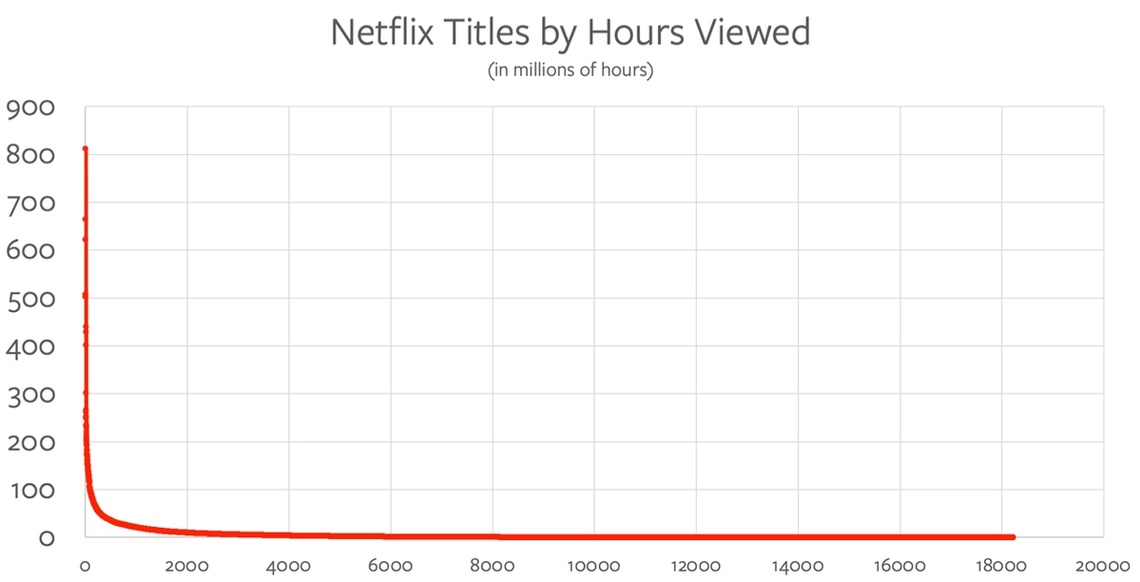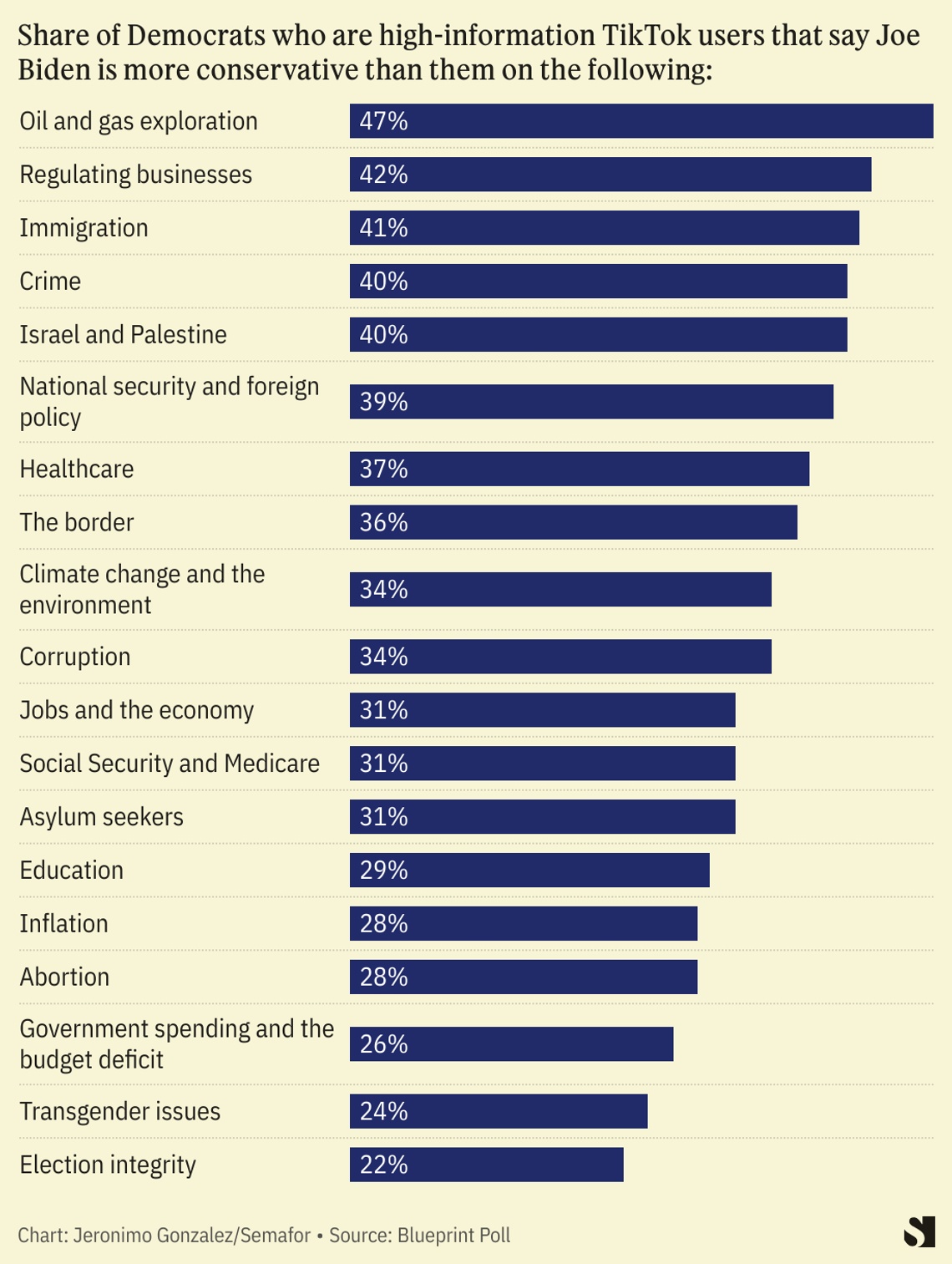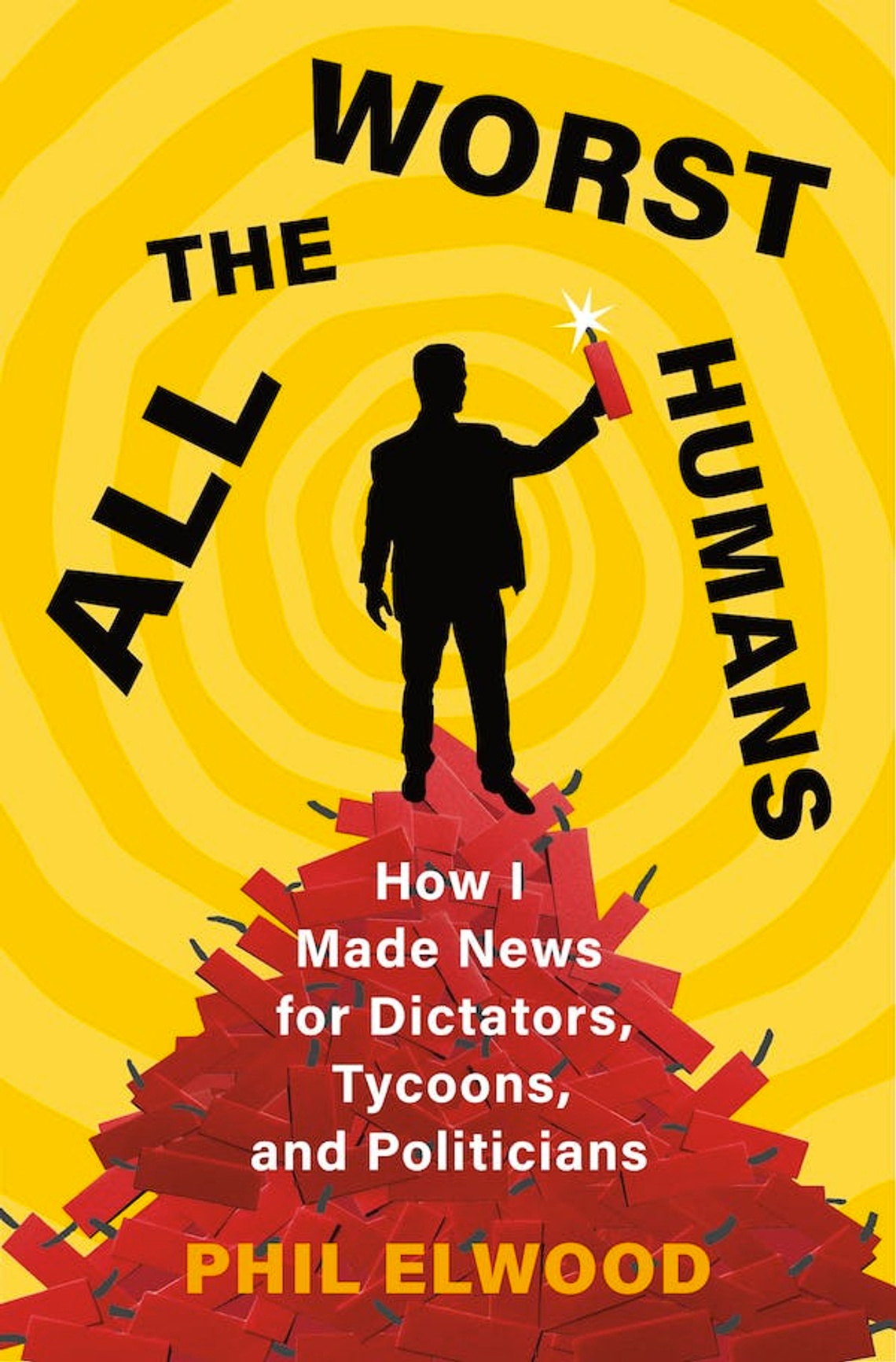 ⁛ News🟡 Getting the message: “I can’t think of another way to get this across but in a group slack. Jimmy does not want any Trump trial coverage on the HP, period. I’m repeatedly getting calls on it. Please make sure we don’t slip one in,” The Messenger Deputy Editor Michelle Gotthelf wrote in a Slack message with a handful of editors in November, referring to the site’s founder and publisher Jimmy Finkelstein. The editorial directive sparked immediate backlash among some editors in the newsroom, who noted that the publication had prominently featured major stories about Hunter Biden’s legal issues, Max writes. It also prompted speculation from the group about the reason for Finkelstein’s repeated calls to remove the stories from the homepage. In an email to a group of editors shared with Semafor, Finkelstein said that editors had misunderstood his instructions around placement for Trump stories, saying that there needed to be more balance on the homepage. He also added that he didn’t want breathless Trump trial coverage every day. “You absolutely don’t know what you are talking about. All I said is you can’t lead every day with 21 day, 22 day etc. You can put it up top but can’t always lead. It looks completely one sided. Despite the fact that I said that it continued so I merely said firmly you need balance, that’s what we are about,” he wrote. A spokesperson for The Messenger reiterated that the internal drama was merely confusion: “The Slack messages in question are clearly being misinterpreted. The editor clearly clarified later that the headline didn’t reflect the story and needed to be changed, and the story remained on the site. The Messenger has covered the Trump trial sagas more than any other U.S. publication.” 🟡 Assange on Trial: The U.S. government’s 13-year- old attempt to bring Wikileaks founder Julian Assange here to face Espionage Act charges could reach a pivotal moment in U.K. court next month, and Reporters Without Borders is making the case with increasing urgency that charges against him could pose a threat to journalists and publishers. The group, we’re told, met recently with the White House to make its case. “At any point the US government could close the case, offer Assange a plea deal in consideration of time already served in prison, or reach a diplomatic solution with Australia, Assange’s own government. The bottom line is that the country of the First Amendment should act to protect journalism and press freedom rather than making a dangerous example of a publisher for revealing information in the public interest,” RSF Director of Campaigns Rebecca Vincent told Semafor. Independence Day: New York Times reporters worried about their union’s activist direction have formed an “independence” caucus. Megan Twohey, one of its founders, described it in the NewsGuild Slack as a vehicle for pushing back, among other things, against “statements that align the union with one side of a war or other divisive issues.” One objection came from Travel’s Stephen Hiltner, who wrote back that he worried the plan was “only risks fanning the flames of an advocacy battle — a battle that we, as proponents of independent journalism, have in effect already won” since the union rejected calls for a statement on Gaza. The union “will always support workers coming together debating issues and making our union stronger,” NewsGuild national president Jon Schleuss told The Wall Street Journal.  Ayman Mohyeldin on Instagram Ayman Mohyeldin on InstagramDeath in Gaza: Gaza remains the deadliest conflict in memory for journalists and media workers, with 64 deaths according to the Committee to Protect Journalists: 57 Palestinian, 4 Israeli, and 3 Lebanese. Al Jazeera cameraman Samer Abudaqa bled to death after he was hit in a drone strike and bombardment prevented paramedics from saving him, the network said. “The number of journalists killed in Gaza is unprecedented. It is a stain on our humanity and to any civilized country that values a free press. It must stop,” NBC News’s Ayman Mohyeldin, who had worked with Abudaqa, wrote on Instagram. ✰ Hollywood Stratechery StratecheryPower Law: The analyst Ben Thompson spots a media paradox: In this long tail era, every platform — including Netflix, is full of random niche content, much of it trash. And yet the vast bulk of the audience still consumes mostly the same stuff: “Network effects and algorithms …. elevate what is good into the stratosphere.” This is less true in emerging, fragmented media like newsletters and audio, but power laws still rule the internet. Selling out: Among the content that will likely be topping Netflix: “Dune” and “Young Sheldon,” as WarnerBros Discovery and Disney find they can’t afford to starve the rival service. 🟡 Holiday fears: Media companies found a place to cut costs this year: holiday parties. The mega talent agency CAA, which once rented out the Beverly Hills see-and-be-seen spot Bouchon and served champagne and caviar, held its holiday party at the Britely Bowling Alley. In Washington, things were even bleaker: A staffer for the Washington Post’s national desk accidentally reserved a nearby bar for the wrong day, resulting in a last-minute relocation to … the company’s office, catered by Chipotle. Other events were scrapped altogether: Mediaite’s annual gathering of current and former high profile cable news personalities, was canceled. (Here at Semafor’s New York HQ, Max mixed drinks before a spirited, globally-oriented game of trivia. Not at all suspiciously, Ben’s team won.) To Big to Decouple: The Eras tour movie has won a release in China, through Alibaba Pictures. ☊ AudioAudacity: Perhaps the last big podcast investment, a £5 million slug into the U.K. studio Novel this January, pretty much immediately collapsed into a bitter lawsuit. The London-based investor, VGC capitol, is suing Novel, which produced The Bellingcat Podcast and Superhero Comple, for £15 million claiming they lied during the fundraising process. Honestly, a bit hard to see how they ever thought the “podcast-to-screen” plan was going to pay off big. ⁜ Tech 🟡 TikTok vote: Blueprint, the Democratic strategy group funded by LinkedIn founder Reid Hoffman, has a new YouGov poll out showing that political TikTok users are 10 points more likely to see Biden as conservative than their non-TikTok using peers on certain issues. American voters who report that they get their news from TikTok felt that Biden’s foreign policy, immigration, and business and gas regulation policies were more conservative compared to people who get their news from traditional news sources. Another Google lawsuit: An obscure Arkansas publisher is leading a class action lawsuit against Google, focused on the content in its “knowledge panels.” The suit says Google “siphons off” publishers’ content for its own profit. Google spokesperson Jenn Crider called it “meritless” and said “people have many ways to access information and news content today – through publishers’ websites, dedicated apps, social media platforms, print papers and more.” ✦ Marketing Macmillan MacmillanFlack attack: In what will inevitably be a commentator on journalism as well as P.R., a longtime Washington flack, Phil Elwood, promises to “come clean” in this forthcoming book, “by exposing the dark underbelly of the very industry that’s made him so successful.” Eavesdropping: A marketing company run by Cox Media says it’s doing “what a huge swath of the public has believed for years”: listening in from smartphones and other devices to serve you ads. The company, on further reflection, says the data is anonymized. | 











